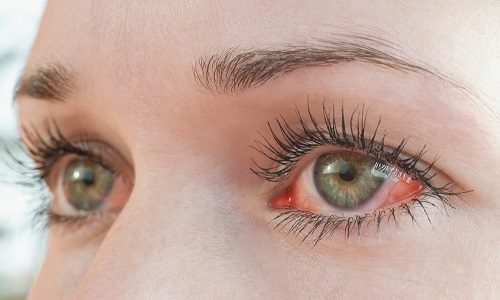
Use Proper Lighting
Outdoor sunlight shining through the window or harsh interior lighting can cause unnecessary strain on your eyes. If your office has a window, close the curtain or blinds as often as possible to avoid screen glare caused by sunlight. Or, try positioning your computer screen to the side of the window instead of in front of it or behind it. As an added measure, consider installing an anti-glare screen on your monitor.
Modify Your Display Settings
Many people find that adjusting the brightness and other display settings on their computer and digital devices helps reduce strain and fatigue on their eyes. The brightness of your screen should match, approximately, that of your surroundings. Adjusting the text size and contrast on your screen can also reduce eye strain, especially when composing long documents. Usually, black print on a white background is the best combination for comfort.
Exercise Your Eyes
Constantly focusing on your screen tires your eyes. Give your eyes a much needed break once in a while by exercising them. Try blinking 10 times every 20 minutes very slowly, as if falling asleep. This helps moisturize your eyes and prevent dry eyes and irritation. Or, try what eye doctors call the “20-20-20 rule.” Look away from your screen every 20 minutes and gaze at a distant object that’s at least 20 feet away for 20 seconds.
Stay on Top of Your Eye Health
Because the symptoms of digital eye strain are so common, it is easy for them to go unnoticed. But symptoms like headaches and dry eyes can create unneeded discomfort or, in some cases, greatly affect your vision over time. In some people, these symptoms can point to much more serious eye conditions, like dry eye syndrome. Safeguard your eyes from serious vision problems by visiting your optometrist regularly. If you are experiencing blurry vision and are considering LASIK surgery, Optima Eye can help. For more information, please email us today at mmandel@optimaeye.com.


